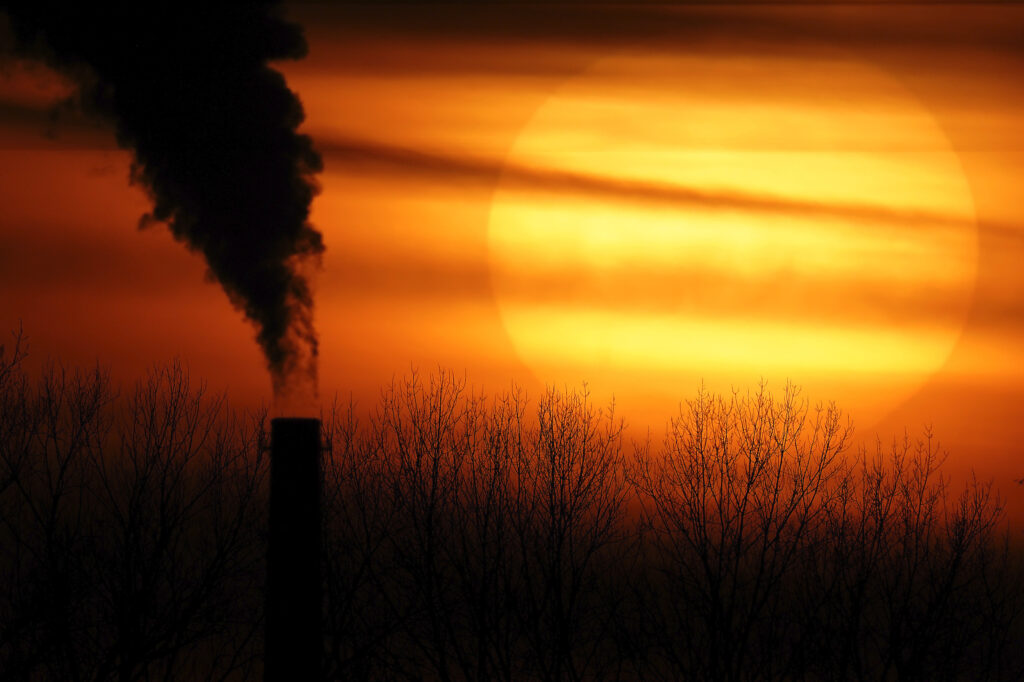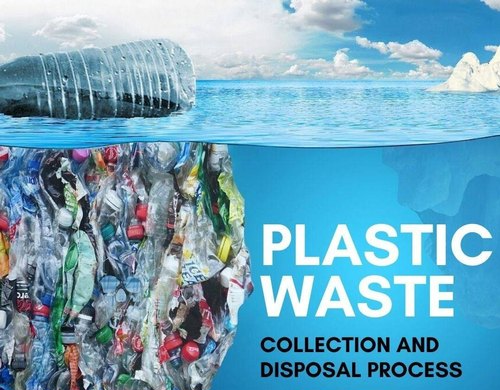The use of fossil fuels has had a negative impact on the environment for many years. As a result, we’re seeing changes to the ozone layer, extinctions of wildlife, global warming, climate change, and an increase in air pollution. Let’s take a quick look at global warming and its effects on the atmosphere.
Global Warming
Greenhouse gases are released into the atmosphere when fossil fuels are burned. As a result, average global surface and ocean temperatures are rising. Methane and carbon dioxide are among the greenhouse gases that absorb heat from the Earth’s surface, resulting in global warming. A major source of concern for many people today is man-made climate change, especially in the last decade.
Effects Of The Greenhouse
This is a natural phenomenon that occurs when the Earth’s surface warms up in the atmosphere. A portion of the sun’s rays is reflected back into space by the earth’s atmosphere, but the remainder is absorbed & radiated back into space by such greenhouse gases. The earth’s surface is warmed by the energy that has been absorbed.
We’ve compiled a list of interesting tidbits about both phenomena that you may not have known. Continue reading for more information.
1. Greenhouse gas emissions are to blame for the current state of affairs when it comes to global warming. One cause of global warming is an increase in greenhouse gases that are absolutely necessary for human life on this planet to continue!
2. Why is it impossible to stop global warming by simply removing the gases responsible for it from the atmosphere? This includes nitrous oxide, carbon dioxide, and a host of others.
3. According to the IPCC 2007 survey, sea levels could rise by 7 to 23 inches by the end of this century as a consequence of global warming.
4. The Arctic is one of the most vulnerable areas to the effects of climate change.
5. Nearly 6 million people died worldwide in the 1990s as a result of weather-related calamities. Over than 90% of such deaths occurred in developing countries.

6. Is there a record for the hottest year ever recorded? We were in the year of 2014. It was the hottest year on record, beating out both 2010 and 2005.
7. The number of glaciers in Montana Glacier National Park has plummeted from 150 in 1910 to just 25, a startling decline.
8. Since the 1880s, the temperature has increased by 1.4 degrees Fahrenheit.
9. As a result of pollution and global warming, coral reefs have experienced the worst bleaching since 1980.
10. Heat waves, forest fires, or other tropical storms around the world are examples of the effects of global warming on extreme weather.
11. So much carbon dioxide is produced by humans than is absorbed by the oceans and plants at a faster rate.
12. Nearly 0.1 billion people reside in coastal cities with sea levels of three feet or less.
13. More than 1 million species have already gone extinct as just a result of climate change, ecosystem collapse, acidification of oceans, and other factors.
14. The ocean conveyor belt can be completely altered by the global warming phenomenon, resulting in an ice age-like scenario in Europe.
15. Greenhouse gases and methane are both released when temperatures rise, and water evaporation occurs as a result.
16. Carbon dioxide was released into the atmosphere at a rate of 16. 1000 tonnes per second until 2011.
17. Human activities release well almost 37 billion metric tonnes of carbon dioxide each year.
18. Global warming is making the world’s colder regions more vulnerable to disease because they are becoming hotter.
19. Global warming has resulted in the melting of the polar ice cap, hurricanes, droughts, and the extinction of endangered species. Additionally, it has the potential to cause a severe scarcity of water and food, which would be disastrous for wildlife.
20. 26 percent reduction in power plant emissions is proposed by the Natural Resources Defense Council (NRDC) in the next seven years.





